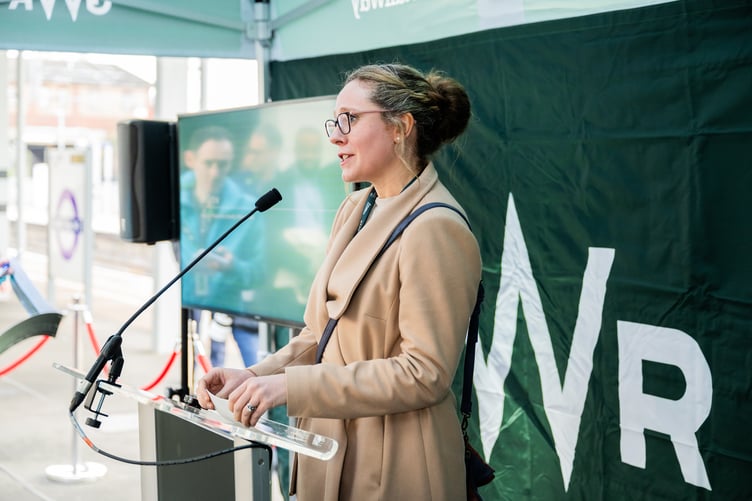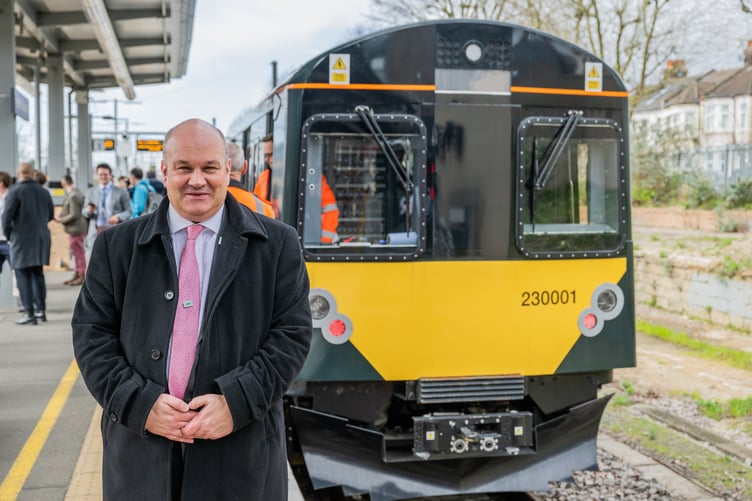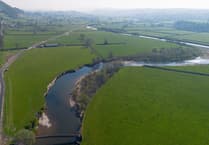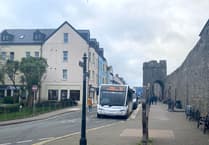Great Western Railway’s innovative fast-charge battery trial officially commenced this week (Monday 18 March).
GWR Managing Director Mark Hopwood, pictured, said:
“We want GWR to be at the forefront of the railway’s commitment to phase out diesel-only traction by 2040 and this demonstrates that we put our customers at the heart of everything we do.
“This is why we took on the challenge and are taking an industry-leading approach in not only battery train operation, but the development of the fast-charge system.
“It’s important to remember this work has never done before. It’s designed to test the capability and viability of the fast-charge technology – and demonstrates Great Western Railway taking a bold and broad approach towards replacing diesel-only trains with greener units.”
Over the past two weeks, specialist GWR engineers have successfully tested the compatibility of the fast-charge technology with the Class 230 battery train on the Greenford branch line.
The industry-leading trial will now start in earnest and it is hoped the technology could one day see battery-powered trains in operation across the UK’s approximately 2,000 miles of 80-plus branch lines.
The fast-charge technology solves the problem of delivering reliable, battery-only trains and is designed to help meet the Government and wider rail industry’s target to reach net-zero carbon emissions by 2050.
Rail Minister Huw Merriman said:
“We're ambitious about making the railways even more sustainable and this trial, backed by Government funding, could pave the way for greener journeys for millions of passengers across the network.
“Rail is already the most environmentally friendly form of public transport and battery-powered technology will play an important role in further decarbonising it, helping us reach our net-zero target by 2050.”
The use of batteries for extended operation has typically been constrained by their range and meant widespread implementation has, until now, not been possible. It also negates the need for overhead electric lines which are expensive, time consuming to install and impact the landscape.






Comments
This article has no comments yet. Be the first to leave a comment.